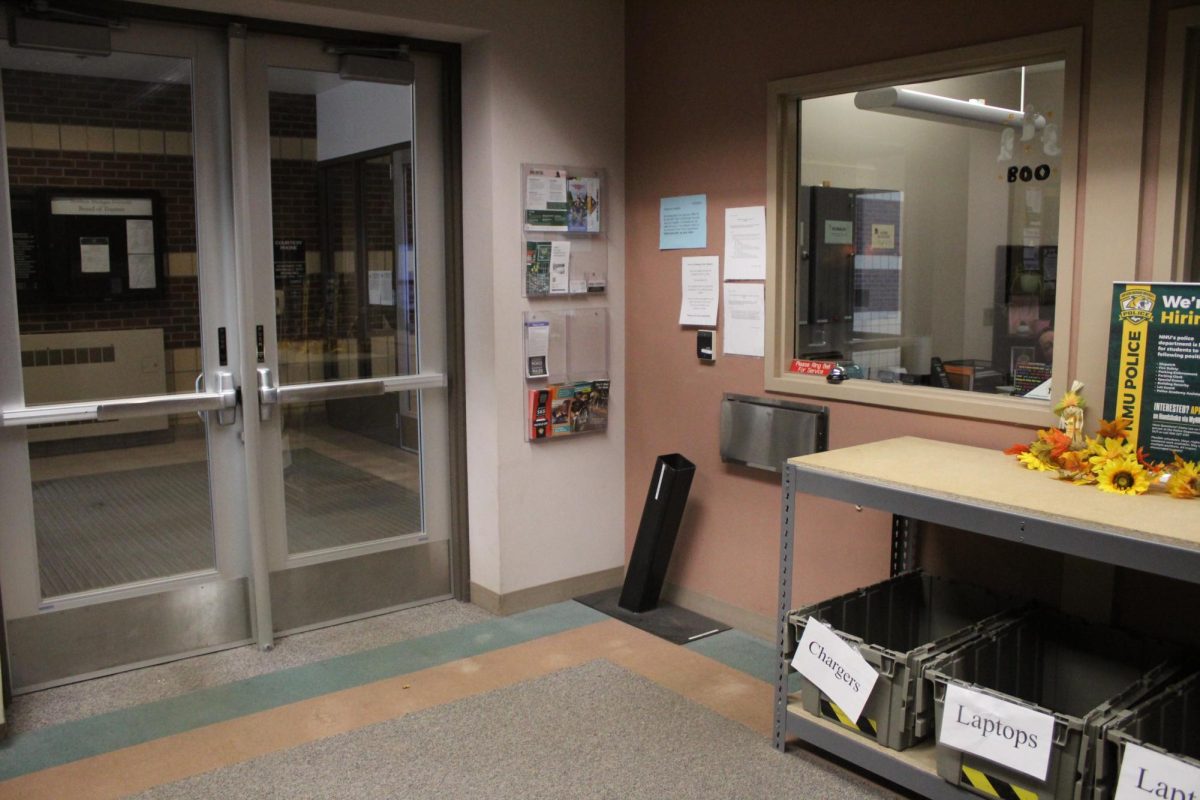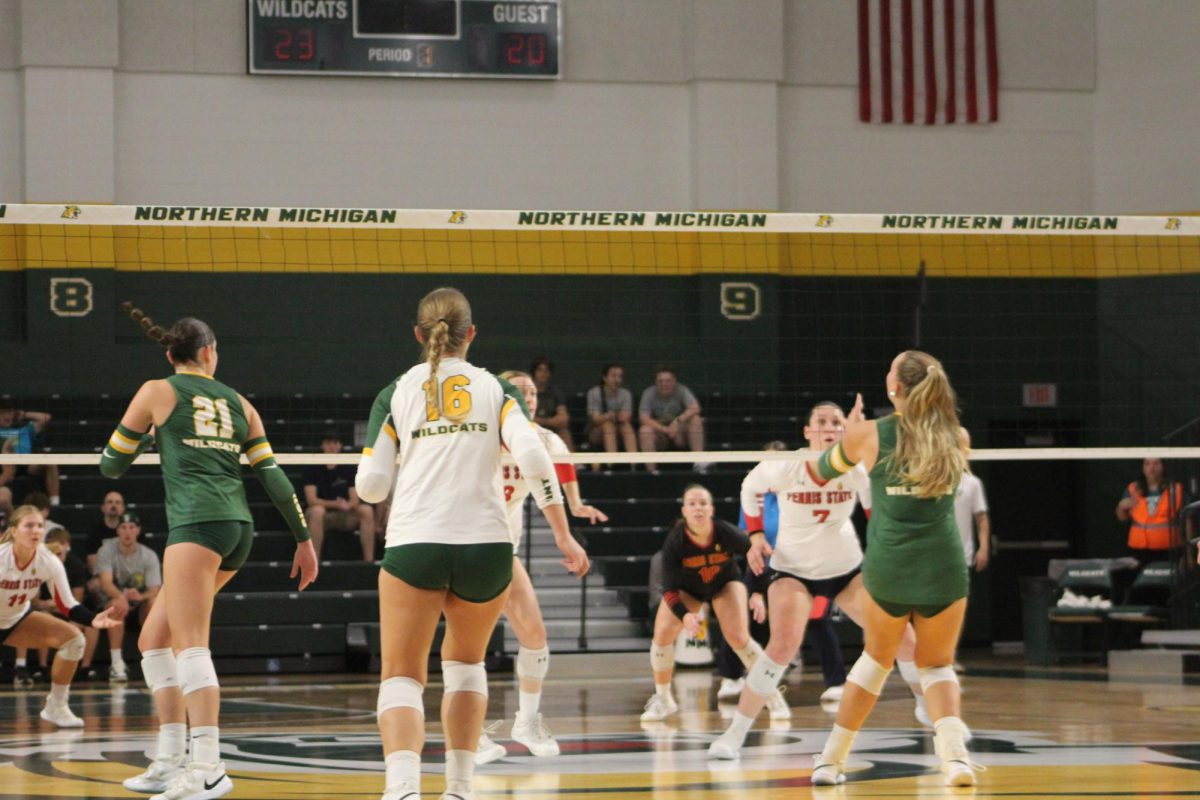Northern, naturally. NMU is holding true to its slogan with numerous sustainability initiatives that help cut campus operating costs and aid the environment. The university has been proficient in accommodating new ecological technologies on campus as they become available and sensible options.
Three Northern dormitories are already Leadership in Energy and Environmental Design (LEED) certified, meaning that they meet the nationally-accepted benchmark for the design, construction, and operation of high performance green buildings. These buildings include Meyland, Van Antwerp and Hunt Halls, and do not drastically change the way that students live, but aim to save resources as much as possible. Future plans incorporate more LEED certifications.
NMU recently installed VendingMisers on cold-drink vending machines, which use sensors that shut down the machine when the surrounding area is vacant. They automatically turn on every few hours to ensure that the drinks remain at a proper temperature. VendingMisers save about $7,000 in electricity annually, surely making them a good investment.
Although NMU has done a good job of preventing waste by switching statements to online-only and using decomposable bags made of recyclable materials and water-based ink in the bookstore, there is the long-lasting issue of asbestos in some campus buildings. Northern has a firm asbestos management policy and it will be costly to remove all traces on campus, but that’s something that eventually needs to be done to improve the overall quality of the university.
The efforts of students and faculty can always be improved. It’s always surprising to me when a biology professor prints and hands out a five-page syllabus or exam to a class of 150 students. I’m equally surprised when instructors request that students print out a 20-page report to turn in. Using the EduCat online testing systems and drop boxes are not only more efficient for grading and organization, but they save large quantities of paper.
Everyone has heard “reduce, reuse and recycle,” but these habits are not typically convenient. However, there is a recycling bin in every dorm room and many halls have a list of what can and cannot be recycled. There’s a place to put your recyclables next to nearly every trash can, and special containers to dispose of batteries and light bulbs. A few steps out the way make all the difference.
There are many ways to get involved, including various student groups, committees like the on-campus environmental committee and the environmental innovation program. And, as always, take advantage of the resources Northern has provided to make it a cleaner, more natural place to learn and live.






















